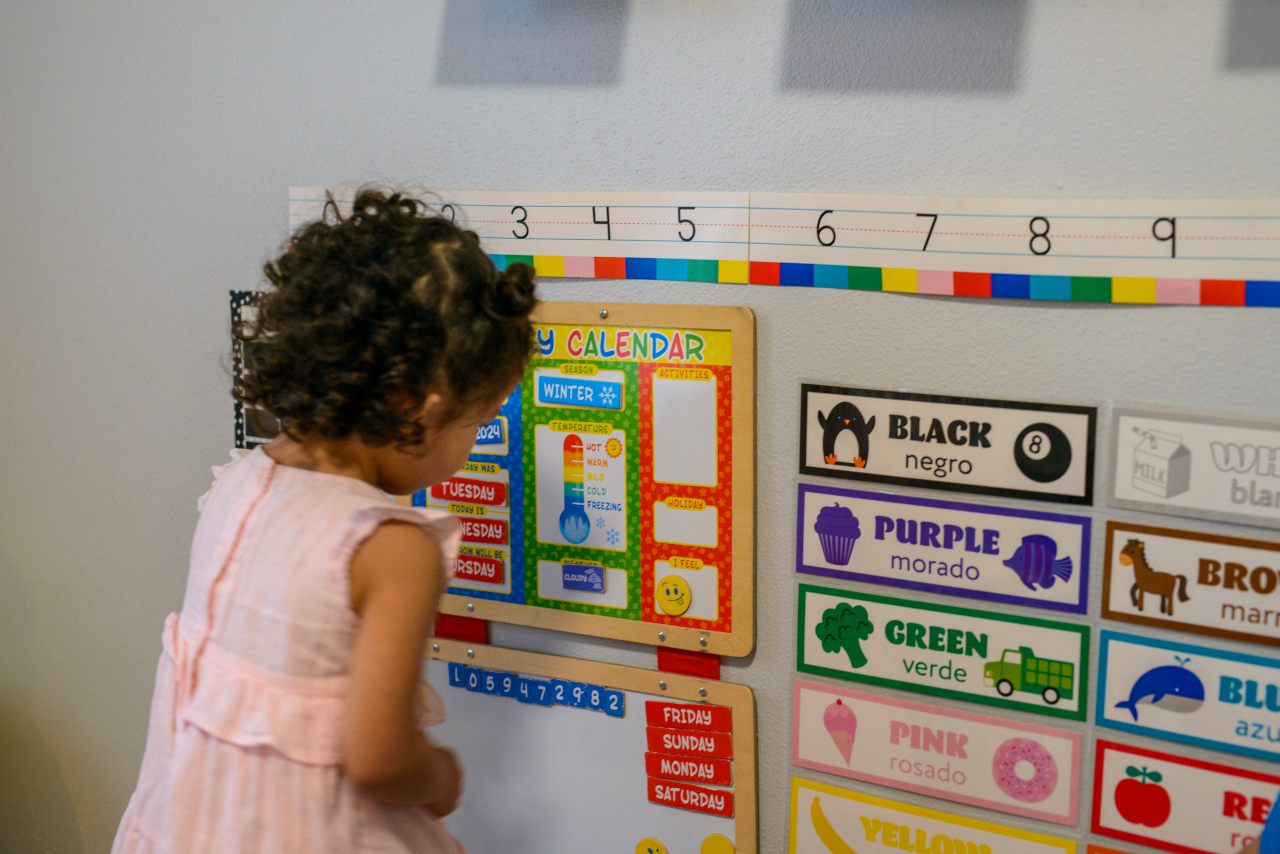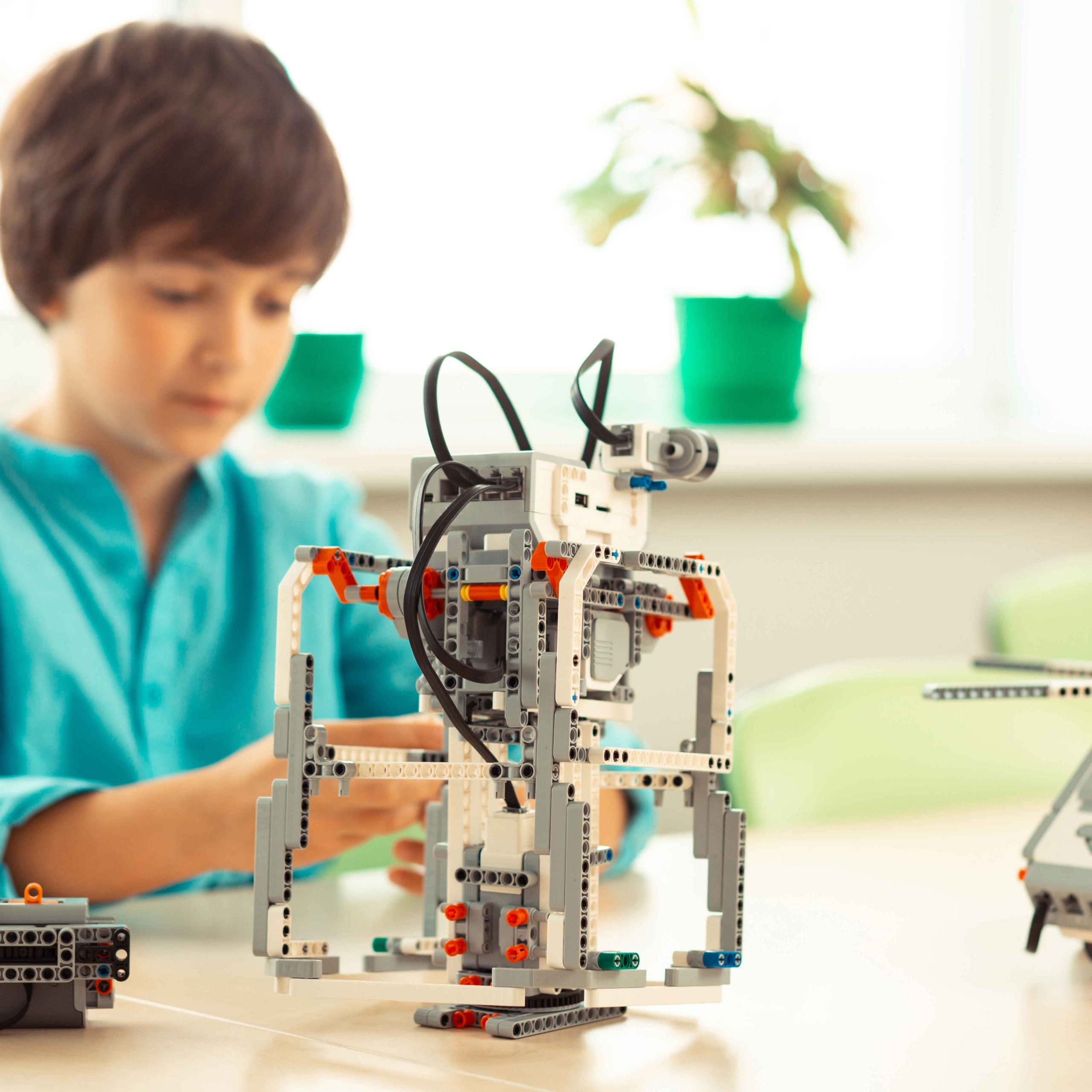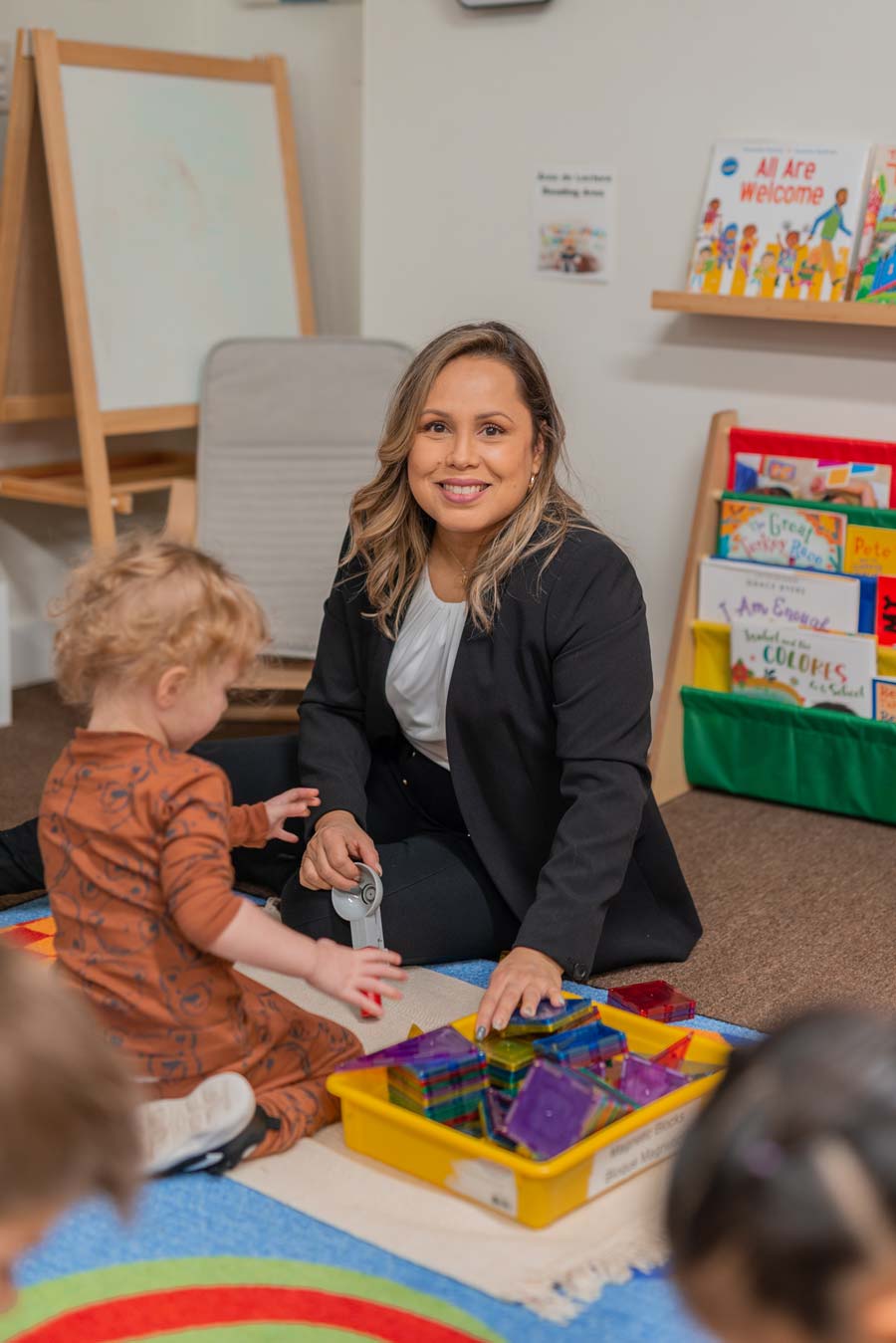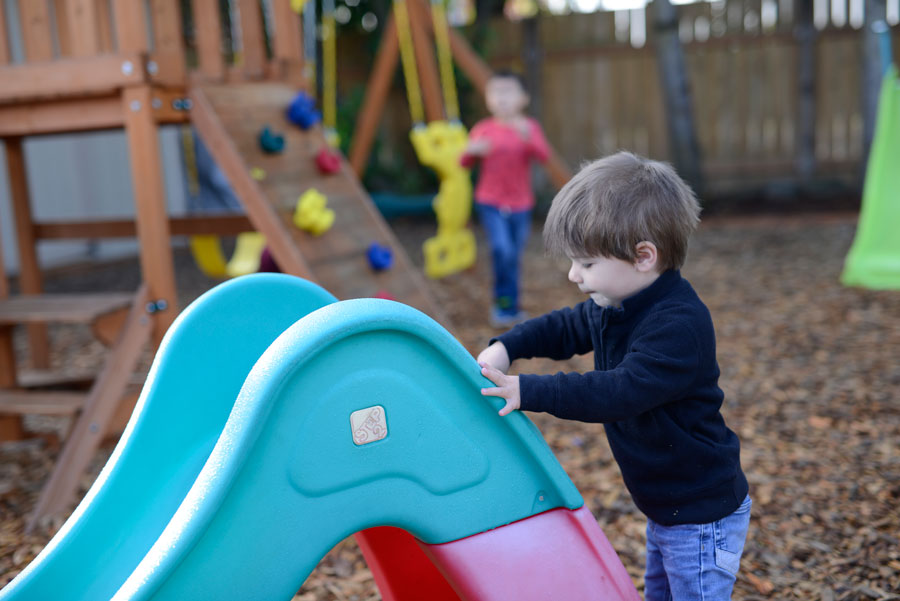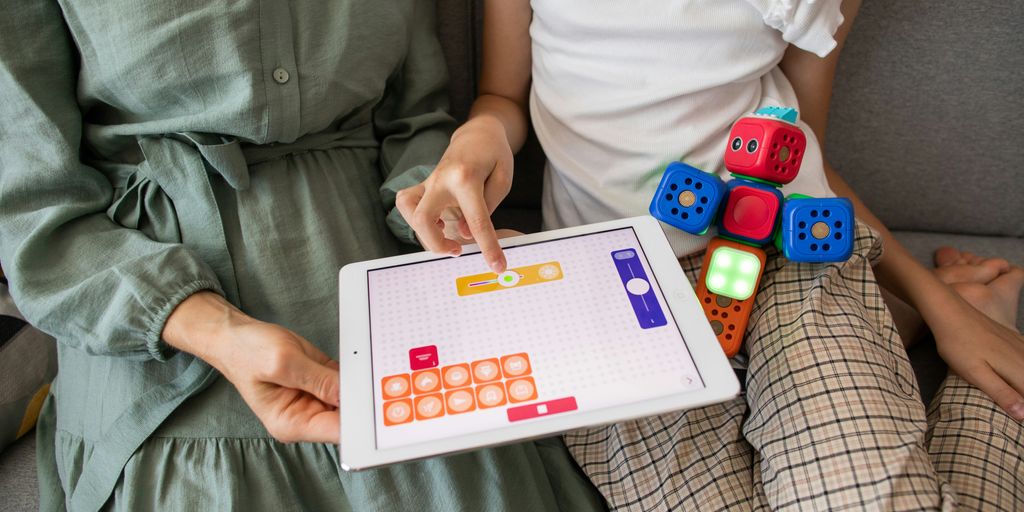
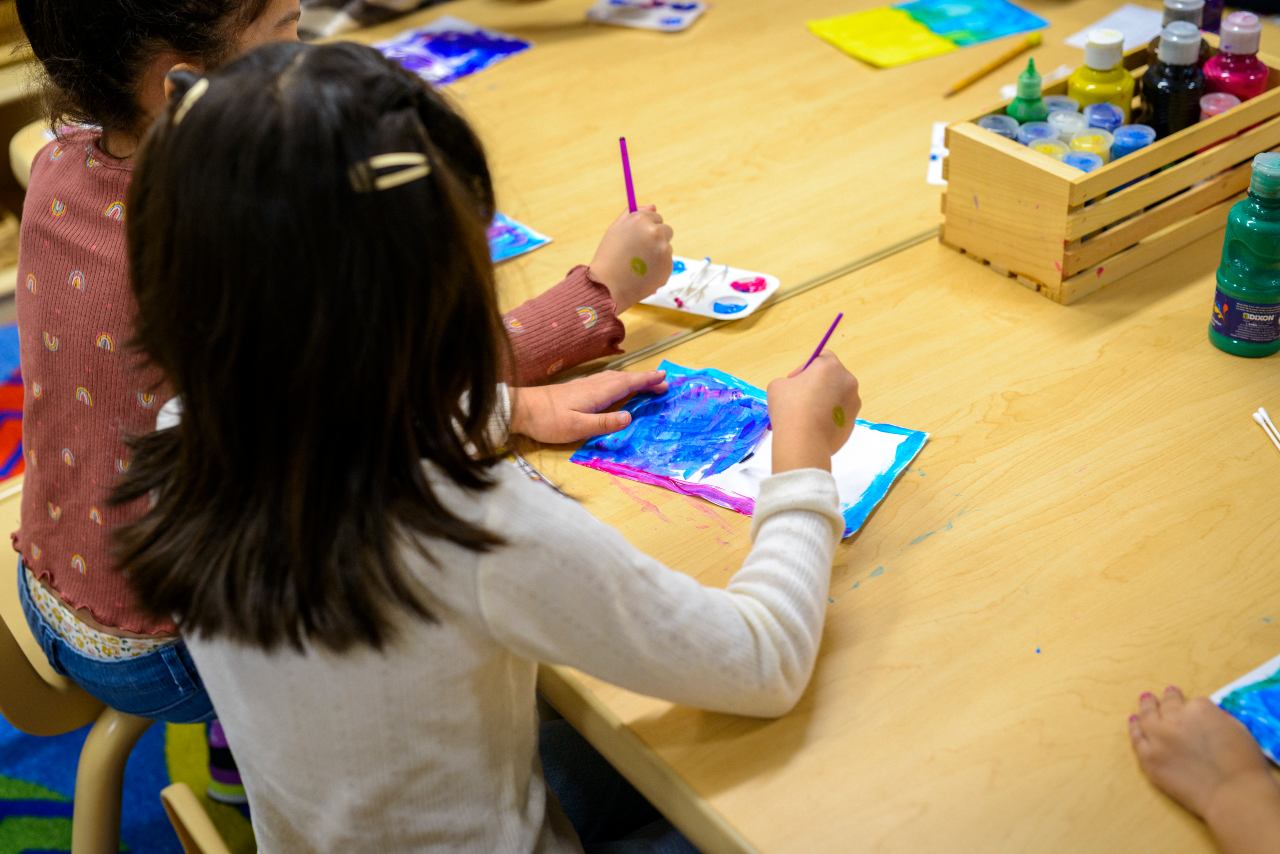
At Little Thinkers ABC, we believe that the future belongs to those who can think creatively, solve problems, and understand technology. That’s why we incorporate STEAM (Science, Technology, Engineering, Arts, and Mathematics) education into our curriculum from the very beginning. By blending creativity with critical thinking, we help children develop a well-rounded set of skills that will serve them throughout their lives.
What Is STEAM Education?
STEAM is an integrated approach to learning that connects the five key disciplines—science, technology, engineering, arts, and mathematics. While STEM focuses on the first four, the addition of the arts emphasizes creativity, design, and innovation. At Little Thinkers ABC, we believe that creativity is just as important as logic, and we make sure our young learners experience the best of both worlds.
STEAM encourages children to explore and experiment with real-world problems, learning how to think critically and solve challenges with a combination of knowledge and imagination.
How We Introduce STEAM at Little Thinkers ABC
From the very start, we expose children to STEAM concepts in fun and interactive ways. Here’s how we approach it:
Hands-On Exploration: We incorporate activities like building simple machines, experimenting with colors and shapes, and designing art projects that integrate science and technology.
Project-Based Learning: Children work on projects where they apply what they’ve learned to solve problems, such as designing a bridge using blocks or programming a robot to follow instructions.
Creative Problem-Solving: By encouraging children to think outside the box and approach problems from different angles, we foster their ability to innovate and find creative solutions.
The Role of Technology in STEAM
In today’s world, understanding technology is essential. That’s why we introduce children to basic concepts of coding, robotics, and digital tools in a way that feels natural and fun. Whether it’s learning how to make a robot move or creating digital art, technology is woven into our STEAM activities to help kids develop a comfort with tech from an early age.
The Arts: Fueling Imagination and Innovation
The arts are a key element of our STEAM program because they encourage children to think creatively and express themselves in new ways. Whether it’s through painting, music, or building a sculpture, the arts help children understand that innovation doesn’t just come from numbers—it comes from imagination.
Art and Design: Kids explore art through various mediums, understanding color, texture, and design principles that are essential in engineering and technology.
Music and Rhythm: Learning patterns in music helps children with math and spatial reasoning while also giving them an outlet for creative expression.
Why Early Exposure to STEAM Matters
Introducing STEAM concepts early builds a strong foundation for future learning. Children who are exposed to STEAM at a young age develop:
Critical Thinking: They learn to approach problems logically and think through solutions.
Creativity: They discover that there is often more than one way to solve a problem and that creativity plays a key role in innovation.
Collaboration: Many STEAM activities involve teamwork, helping children build social skills and learn to work together to achieve a goal.
Confidence: Mastering new skills, whether it’s building a structure or creating digital art, helps kids feel confident in their abilities and fosters a love of learning.
Preparing Kids for the Future
At Little Thinkers ABC, we see STEAM education as essential to preparing children for the future. The world is changing fast, and the skills that come from combining science, technology, engineering, art, and math will be crucial for tomorrow’s leaders.
By encouraging curiosity, fostering creativity, and building problem-solving skills, we’re empowering our students to think big and tackle challenges in new and innovative ways.
A World of Possibilities
By providing early exposure to STEAM education, we’re setting the stage for a lifetime of learning and discovery. At Little Thinkers ABC, we’re not just teaching children to memorize facts or follow instructions. We’re helping them develop the skills they need to innovate, create, and solve problems in a world that’s waiting for the next generation of thinkers, makers, and doers.

